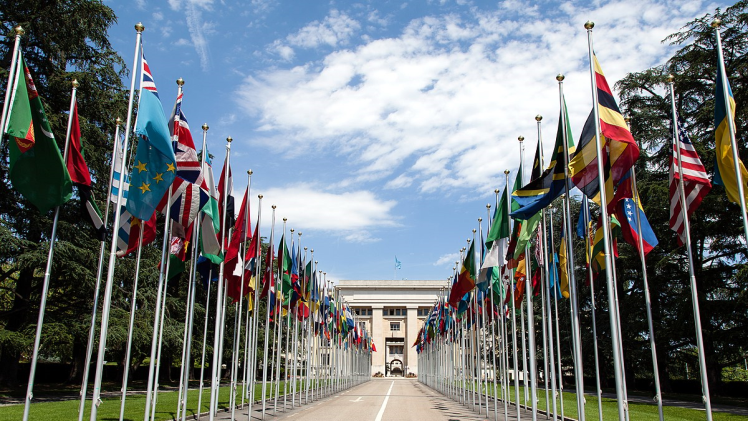In contemporary international relations, the traditional monopoly of nation-states on global affairs is challenged by non-state actors’ growing influence and participation. From multinational corporations and non-governmental organizations to transnational advocacy networks and terrorist organizations, non-state actors play a significant role in shaping global politics, economics, and security dynamics. The evolving role of non-state actors presents opportunities and challenges for international governance, diplomacy, and cooperation. By examining the diverse landscape of non-state actors and their impact on international relations, we can better understand the complexities of global governance in the 21st century.
The Rise of Non-State Actors
The rise of non-state actors in international relations is driven by globalization, technological advancements, and shifting power dynamics. Multinational corporations operate across borders, wielding significant economic influence and shaping global trade, investment, and supply chains. Non-governmental organizations (NGOs) and civil society groups mobilize around issues such as human rights, environmental protection, and humanitarian assistance, amplifying the voices of marginalized communities and holding states and international institutions accountable.
Transnational advocacy networks, fueled by digital connectivity and social media, mobilize public opinion, influence policymaking, and push for global norms and standards on climate change, women’s rights, and global health. However, alongside these positive contributions, non-state actors include illicit networks, criminal organizations, and terrorist groups that challenge state authority, undermine stability, and pose security threats at local, national, and global levels.
Impact on International Governance
The growing influence of non-state actors has profound implications for international governance and diplomacy. Traditional state-centric approaches to global governance are increasingly supplemented by multistakeholder initiatives, public-private partnerships, and networked governance structures that involve diverse actors in decision-making processes.
International institutions, such as the United Nations, World Bank, and World Trade Organization, are grappling with the challenge of accommodating non-state actors while preserving the principles of sovereignty and accountability. From climate negotiations to peacekeeping operations, non-state actors play diverse roles as partners, advocates, and watchdogs, contributing to global governance mechanisms’ effectiveness, legitimacy, and responsiveness.
Challenges and Opportunities
While non-state actors bring diverse perspectives, resources, and expertise to global challenges, their participation also poses accountability, legitimacy, and representation challenges. Unlike states, non-state actors are not bound by territorial boundaries or democratic mandates, raising questions about their democratic legitimacy and accountability to affected populations.
Moreover, the influence of powerful non-state actors, such as multinational corporations and wealthy philanthropists, can exacerbate inequalities and undermine democratic governance by exerting undue influence on policymaking and circumventing democratic processes. Balancing the participation of non-state actors with democratic principles, transparency, and accountability is essential for ensuring that global governance mechanisms serve the interests of all stakeholders and uphold the common good.
Conclusion: Toward Inclusive and Effective Global Governance
In conclusion, the evolving role of non-state actors in international relations presents both opportunities and challenges for global governance, diplomacy, and cooperation. By recognizing non-state actors’ diverse contributions and interests, states can harness their expertise, resources, and networks to address shared challenges and advance common goals, from sustainable development and peacebuilding to human rights and global health.
At the same time, efforts to strengthen accountability, transparency, and inclusivity in global governance are essential for ensuring that non-state actors operate within democratic norms and uphold the principles of justice, equity, and human dignity. By embracing the complexity of non-state actor engagement and fostering dialogue, cooperation, and partnership among diverse stakeholders, the international community can build more inclusive, resilient, and effective global governance systems that respond to the needs and aspirations of all people in an interconnected world.

